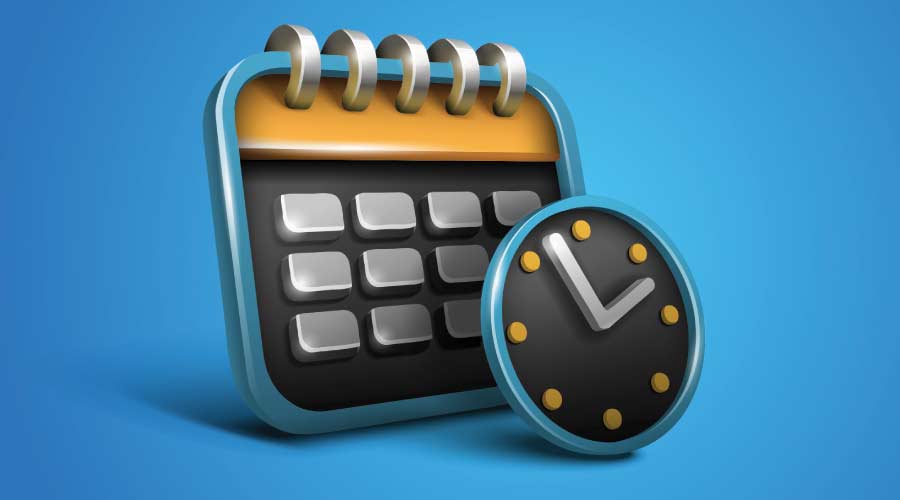
Just as equipment needs regular maintenance for optimal performance, frontline employees using those machines need regular training to avoid costly issues.
“I would estimate well over 50 percent of the problems we encounter are self-inflicted by the operator,” muses Banks.
This often stems from problems with training, and there are three main culprits. First, it’s possible the operator wasn’t trained properly in how to use the unit from the start. Distributors should offer this service to guarantee proper use.
Second, the person responsible for operating that machine has changed and the new team member lacks the same level of training necessary. The onus here is on the machine owner, but distributors who regularly check in with customers can step in to offer a valuable refresher course and create some positive customer service.
Finally, it’s possible the operator is not taking accountability for their floor equipment, which will ultimately lead to problems that will require maintenance.
According to Banks these common problems can include:
• Not keeping batteries filled with the proper amount of distilled water, which can lead to corrosion.
• Not properly dust mopping or vacuuming prior to using floor equipment can cause clogs throughout the unit.
• Short cycling the batteries by not letting the charger complete its charge cycle is also harmful. • Not cleaning the solution filter and tank on a regular basis, or not cleaning the squeegee assembly after each use also leads to problems.
But these are just the everyday, run-of-the-mill issues. Distributors have also witnessed their share of more extreme events.
“We’ve seen machines driven off loading docks or into walls,” says Banks. “We’ve seen operators wash down machines but not protect the water-sensitive controls, which shorts out the entire system. We have witnessed customers replace batteries and hook them up incorrectly, virtually causing the total destruction of the machine’s entire electrical system.”
Set Up for Success
Luckily there is a simple way to prevent these costly errors. Distributors faced with these horror stories from end users have an opportunity to provide training, or in the case of a more severe situation, an authorized service technician to work on the machine.
It may seem like common practice to more seasoned distributors, but services in the form of delivery, setup and staff training are now expected from many end users. When a machine is purchased, these offerings should be included.
According to the “2023 Facility Cleaning Decisions Management Survey”, conducted by Sanitary Maintenance’s sister publication, more than 83 percent of facility cleaning managers receive training as a value-added service from their distributor, but 38 percent of these managers don’t believe they are getting the training they need. Consider offering a variety of sessions ranging from 30 minutes to two hours, depending on the number of trainees present and their overall experience with floor equipment.
“Our training covers the proper operation of the unit, as well as the daily and monthly basic maintenance that the operators need to do on that particular piece of floor equipment,” says Banks.
Although specific offerings might vary based on a distributor’s capabilities and end user needs, what experts can agree on is that training should take place on delivery day. This will guarantee operators have proper training from the get-go and aren’t left to “figure it out” or create bad habits. Training at the time of delivery should be mandatory with each purchase.
Another very important way to protect expensive equipment for customers is to set up preventative maintenance arrangements. These can be customized by customer and machine.
“A regular preventive maintenance service schedule can help ensure the machine is operating at its full potential, avoid downtime and hopefully identify issues that need to be corrected before they turn into a very costly, time-consuming repair,” says Banks.
Doing any of this, however, requires buy-in from the end–users, because both regular and preventive maintenance takes time. Educate supervisors on the need to build time into the schedule for equipment service. It doesn’t have to be a lot, but every little bit helps.
“The most common problems customers say they have is they don’t have the time to clean or maintain the equipment,” says Allen. “Time is not really the problem. The problem is maintenance is not prioritized.”
Allen argues the importance of training end user customers to grasp that a little extra time to check and clean the hoses, brush areas, cords and filters daily will have a big payoff in the end. He also stresses emptying and rinsing recovery and solutions tanks to prevent clogging and mildew growth.
“That 10 minutes or so once a week can lead to hours of better service for the life of the machine,” he says.
Providing this education to end users will not only lower the risk of panicked troubleshooting calls in the middle of a crucial shift, but also solidify the distributor's role as a trustworthy partner and source of expertise.
Amy Milshtein is a freelancer based in Portland, Oregon. She is a frequent contributor to Sanitary Maintenance.
How Distributor Maintenance Programs Boost Customer Relationships

 The Down and Dirty on Cleaning in Virus Season
The Down and Dirty on Cleaning in Virus Season How Surfactant Use is Expanding in Commercial Cleaning
How Surfactant Use is Expanding in Commercial Cleaning Maximize Your Margins: Learn How to Automate Pricing and Track Rebates
Maximize Your Margins: Learn How to Automate Pricing and Track Rebates